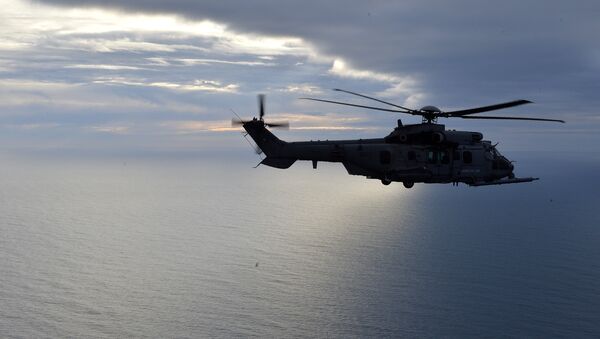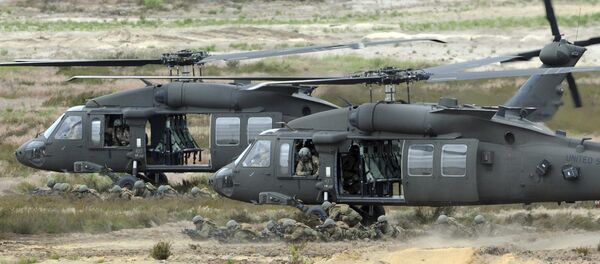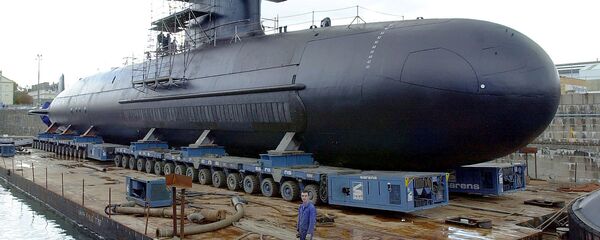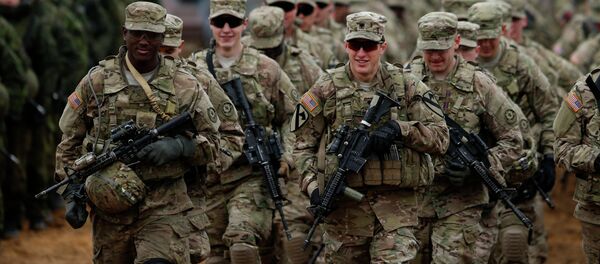"I think that this would be a completely new model but based on the industrial potential of both countries. We know that the Ukrainians make excellent engines, produced by Motor Sich," said Polish Defense Minister Antoni Macierewicz, according to Defense News.
"On our part, have the capacity to make a composite body. There is a number of possibilities here which could allow us to provide a very interesting product for Poland and other countries in Central Europe."
Referring to the ongoing conflict in Ukraine, Macierewicz said that Warsaw "needs helicopters, in particular because of what is happening east of Poland, on the eastern flank."
Poland has been involved in a number of helicopter acquisition negotiations. Last week, talks with France to purchase 50 Airbus Caracals were halted.
"France has good military products, we are interested [in them], but we will never accept to be treated like a third world country. The country, which accepts it, will lose a possibility for any kind of international activity," Macierewicz said, according to Polish Television.
"France made a mistake, Airbus made a mistake, but the Polish army will get helicopters."
In the wake of this falling out, Warsaw indicated that it would build its own S-70i Black Hawks.
"I am convinced that thanks to this, Polish technologies will develop and Polish industry will develop," Macierewicz said, according to DoD Buzz.
"We’ll be able to say that we are a modern country, and that our army has equipment that ensures that no opponent will threaten us."
These would be built by Polish Sikorsky subsidiary PZL Mielec.
"After the talks with the Mielec chief executive I’m sure we will start negotiations this week and will finalize it before year’s end," the defense minister said, according to Flight Global. "In this year also the first helicopters will be delivered."
The justification for these military upgrades appears to be the standard “Russian aggression” scapegoat. Similarly, Poland will host a heavy-armored brigade combat team (ABCT) of the US Army in 2017, part of a contingent meant to assure America’s European allies of its commitment to defense. Russian officials have warned against the unnecessary buildup.
"This warmongering and scares about invented Russian aggressiveness certainly produce a detrimental effect on the overall climate in the region, including on the Russia-EU relationship," Russian Ambassador to the European Union Vladimir Chizhov told Sputnik News earlier this year.





